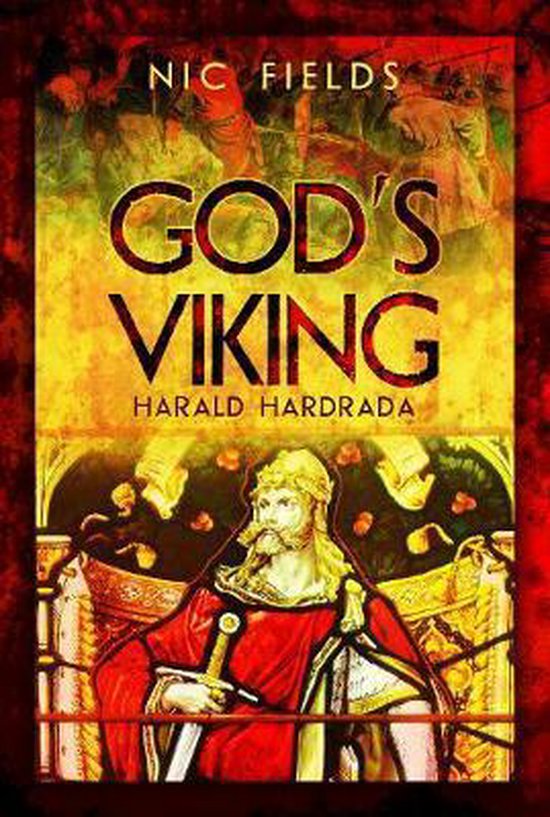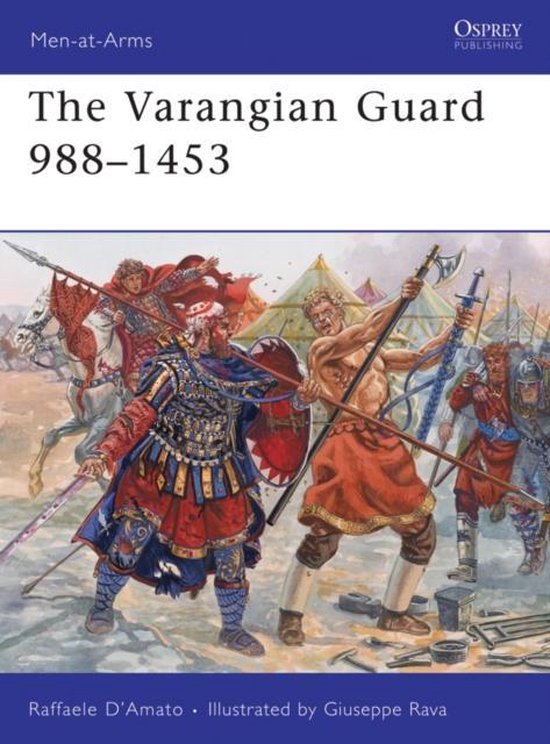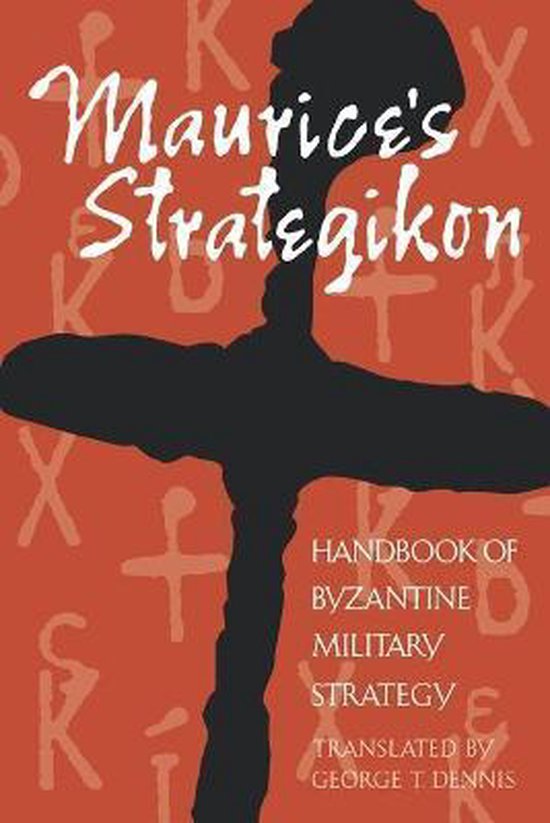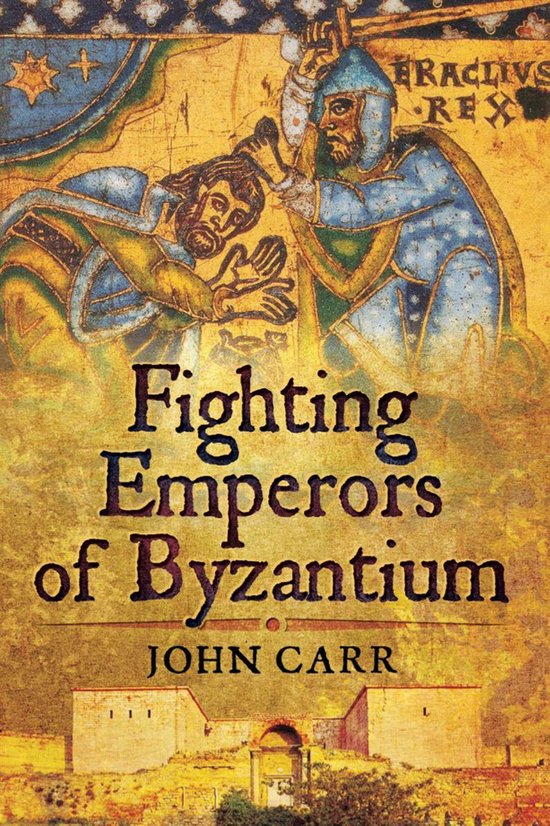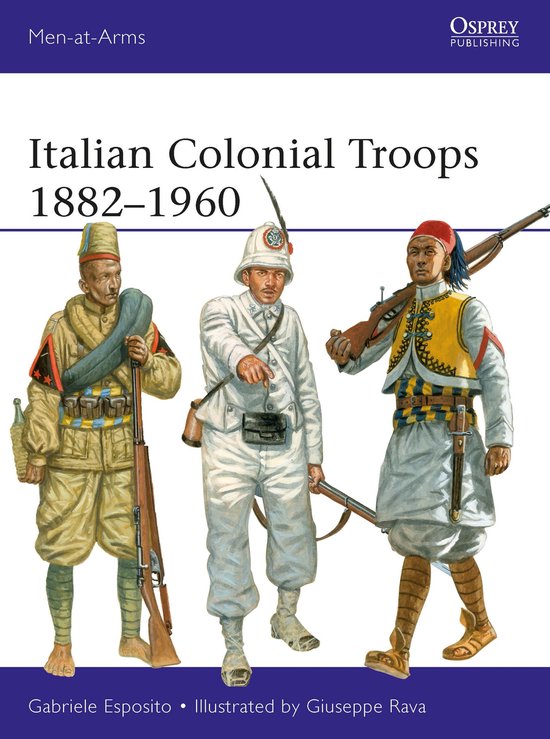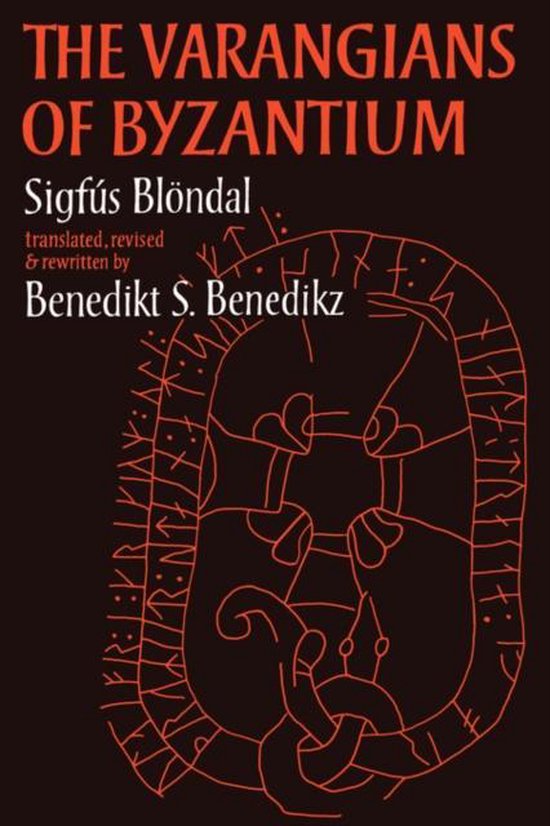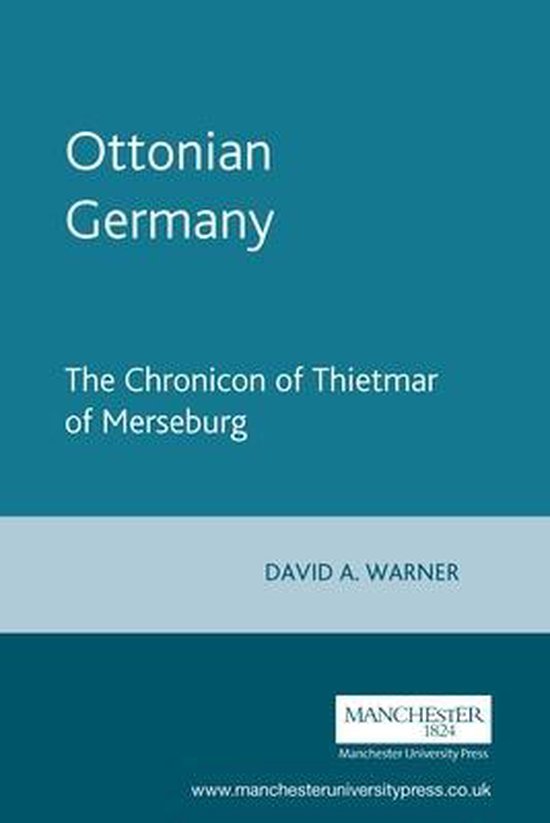
Ottonian Germany
Translated in its entirety here for the first time, The Chronicon of Thietmar of Merseburg has long been recognised as one of the most important sources for the history of the tenth and early eleventh centuries, especially for the history of the Ottonian Empire.
The Chronicon of Thietmar of Merseburg has long been recognised as one of the most important sources for the history of the tenth and early eleventh centuries, especially for the history of the Ottonian Empire. Thietmar’s testimony also has special value because of his geographical location, in eastern Saxony, on the boundary between German and Slavic cultures. He is arguably the single most important witness to the early history of Poland, and his detailed descriptions of Slavic folklore are the earliest on record. This is a very important source in the medieval period, translated here in its entirety for the first time. It relates to an area of medieval studies generally dominated by German scholars, in which Anglo-phone scholars are beginning to make a substantial contribution.
The Chronicon of Thietmar of Merseburg has long been recognised as one of the most important sources for the history of the tenth and early eleventh centuries, especially for the history of the Ottonian Empire. Thietmar’s testimony also has special value because of his geographical location, in eastern Saxony, on the boundary between German and Slavic cultures. He is arguably the single most important witness to the early history of Poland, and his detailed descriptions of Slavic folklore are the earliest on record. This is a very important source in the medieval period, translated here in its entirety for the first time. It relates to an area of medieval studies generally dominated by German scholars, in which Anglo-phone scholars are beginning to make a substantial contribution.
The Chronicon of Thietmar of Merseburg has long been recognised as one of the most important sources for the history of the tenth and early eleventh centuries, especially for the history of the Ottonian Empire. Thietmar’s testimony also has special value because of his geographical location, in eastern Saxony, on the boundary between German and Slavic cultures. He is arguably the single most important witness to the early history of Poland, and his detailed descriptions of Slavic folklore are the earliest on record. This is a very important source in the medieval period, translated here in its entirety for the first time. It relates to an area of medieval studies generally dominated by German scholars, in which Anglo-phone scholars are beginning to make a substantial contribution.
The Chronicon of Thietmar of Merseburg has long been recognised as one of the most important sources for the history of the tenth and early eleventh centuries, especially for the history of the Ottonian Empire. Thietmar’s testimony also has special value because of his geographical location, in eastern Saxony, on the boundary between German and Slavic cultures. He is arguably the single most important witness to the early history of Poland, and his detailed descriptions of Slavic folklore are the earliest on record. This is a very important source in the medieval period, translated here in its entirety for the first time. It relates to an area of medieval studies generally dominated by German scholars, in which Anglo-phone scholars are beginning to make a substantial contribution.
| Auteur | | Thietmar of Merseburg |
| Taal | | Engels |
| Type | | Paperback |
| Categorie | | Geschiedenis |
